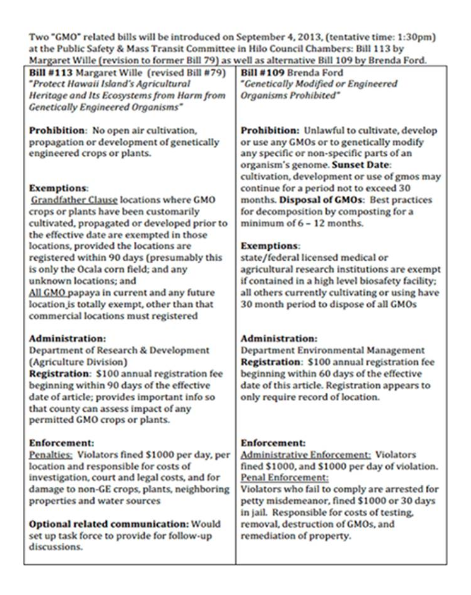There was a good article about agriculture and energy in today’s Civil Beat. Eric Pape interviewed me and also Kyle Datta of the Ulupono Initiative for this article:
Living Hawaii: What Is Sapping The Energy Of Our Farmers?
Even with low oil prices, the deck is stacked against farmers like Richard Ha on the Big Island. But some argue new strategies can turn things around.
By Eric Pape
On many farms in Hawaii, signs of impending financial doom can be really small.
Take the tiny aphids that brought the Bunchy Top Virus to banana plants on the 600-acre Hamakua Springs Country Farms on the Big Island.
They were enough to convince farmer and affordable-energy activist Richard Ha to recently announce the end of an era on his blog. After employees finish bagging the current banana harvest in March, the farm will cease its agricultural operations and 26 remaining employees will be laid off.
It was just the latest strike against agriculture in the islands, coming on the heels of Alexander & Baldwin’s announcement that the company is phasing out sugar farming on the 36,000-acre Hawaiian Commercial & Sugar Company plantation on Maui. The company has been harvesting sugar cane on the island for nearly a century and a half.
A devoted farmer, Ha explained in a recent interview that the decision to end Hamakua Springs operations grew out of the realization that tight margins and remarkably volatile costs were conspiring against the farm’s long-term economic prospects. The virus-bearing aphids were merely the last of many straws.
“We preferred to be in a position to control our own destiny,” he said. “We are not going to go bankrupt, but sometimes … it is best to not do an aggressive move.”
Read the rest
One solution to the problems we are having with energy and farming on this island is to do more cooperative buying and selling, where people join together and help each other.
We are an island of small farmers, and if big farms don’t work here, the only way to approximate being big is to join together. It’s cooperation. It’s really our only option, because otherwise we cannot compete on a large scale.

